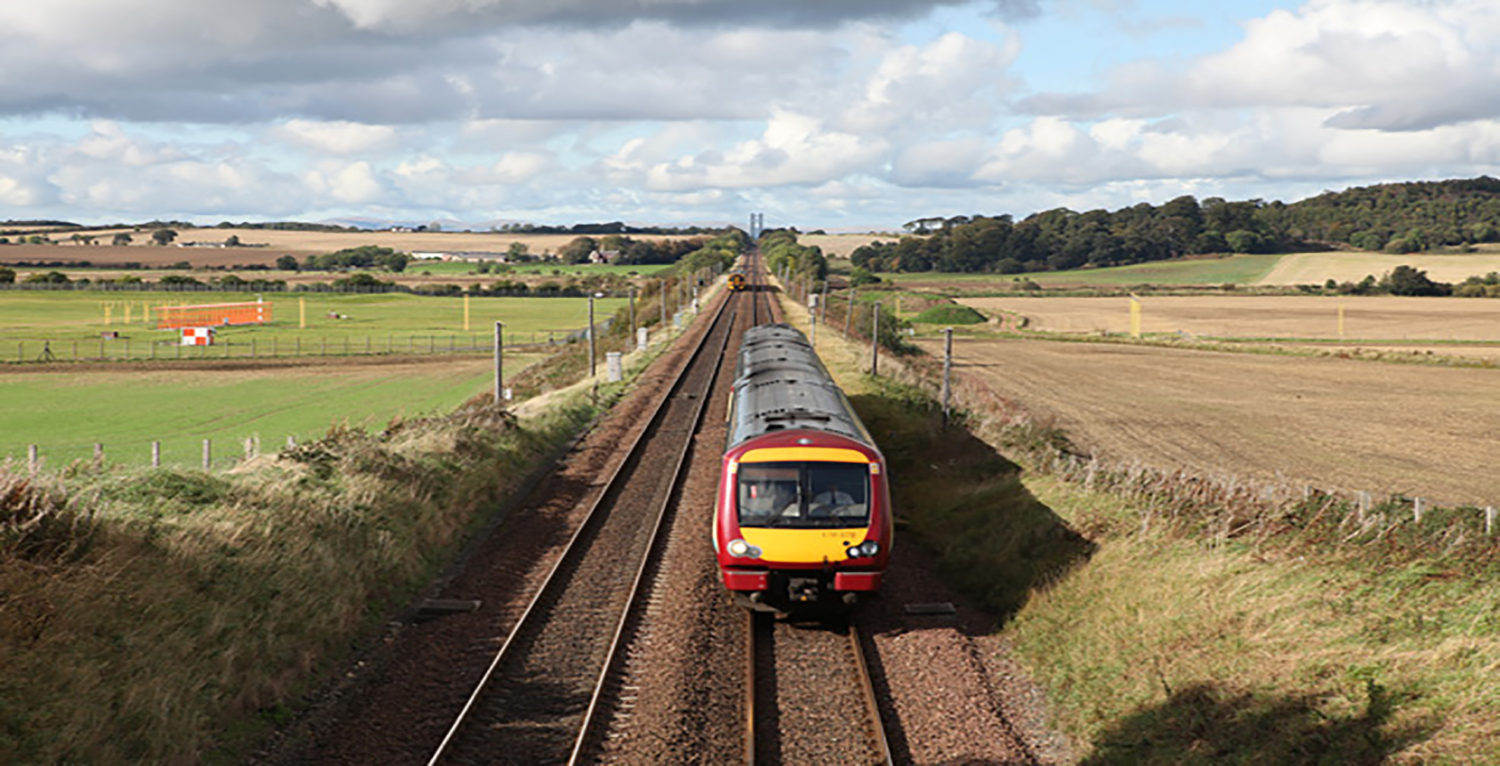Back on track
We need a comprehensive, long-term transport strategy for our railways, writes Mike Parker.
The debate about High Speed 2 (HS2) has enraged for many years – indeed much longer than Brexit.
The high-speed rail link which will connect London to Birmingham, Manchester and Leeds was given the go-ahead by Boris Johnson earlier this year. Its most vocal opponents include residents of the Tory shires, through which the new rail line will pass, and commentators who are critical of the ever-rising costs.
From the start, it has been an ‘iconic’ project and, given its scale, has needed long-term agreement from the two major parties to prevent them being “stop-start” with its implementation. HS2 had that cross-party commitment.
I believe, perhaps cynically, that the project would significantly benefit the rail network (and particularly the Midlands and north), and if it were abandoned, those many billions would not be spent on the rail or transport network. Instead they would be spent on some other iconic project– such as an aircraft carrier or a bridge to Northern Ireland. (Or even perhaps three garden bridges across the Thames!)
The media’s focus throughout has been on the Birmingham to London link, with many talking disparagingly that the project’s main purpose is to save commuters and businessmen and women 20 minutes on their journey to London.
I think both Labour and Conservative governments made a huge mistake by not, at the same time as developing the London to Birmingham link, starting work on the other key sections of the network, such as the Hull to Liverpool corridor, the links from Birmingham to Manchester and Leeds and the upgrade to the trans-Pennine services from Newcastle.
We have to be serious about climate change and, recognising that transport emissions amount to nearly a third of our country’s carbon footprint, much better rail services and the ability to increase their services in line with increased demand has to be a key plank of that policy. But rail will not always be the solution for increasing links between towns and cities. Building new rail lines, or reviving old ones to current operation and safety standards is very expensive and can only be justified by forecasts of substantial use. Other more cost effective solutions, such as trams, can provide attractive alternatives to the car at far lower costs.
Labour’s 2019 manifesto committed an incoming Labour government to nationalising the railways and polling has shown this policy is extremely popular with the electorate. But what does this mean in practice? Virtually all tracks and stations are already in public ownership through Network Rail, who also control the signalling.
The production and leasing of trains since rail privatisation in 1996 has been complex. Here, I believe the government should be completely in control – paying for and commissioning all new trains. And commissioning should be an essential part of the implementation of a comprehensive long-term transport strategy for the country’s rail system. Something that has not been produced by either Labour or Conservative governments in the last 25 years.
But I don’t support the nationalisation of the actual operation of the trains. The much heralded old British Rail performed badly and had much lower customer satisfaction than most train operators today. The East Coast main line is another example. It has moved backwards and forwards between eventually failing (financially) private operators. The greatest number of written complaints made against any rail operator at the time East Coast was operated by the state was against East Coast!
My solution would be to harness the competitiveness of the private sector but not give them any control of fares, frequency and nature of the service. The franchises and contracts should be set by government for interurban services and by regional governments, or mayors, for regional commuter and local services. Then the contracts, which would include quality and passenger satisfaction standards, would be competed for primarily on a cost basis by private sector operators.
This process already happens in London for buses. The mayor, through Transport for London, sets the fares, designs London’s bus network, establishes quality standards and importantly parcels up the London bus network into manageable contracts which private operators – such as Stagecoach, Go-Ahead and Arriva- compete for on cost. It works and would, I believe, work for our railways.
Image credit: Calum McRoberts/Wikimedia

